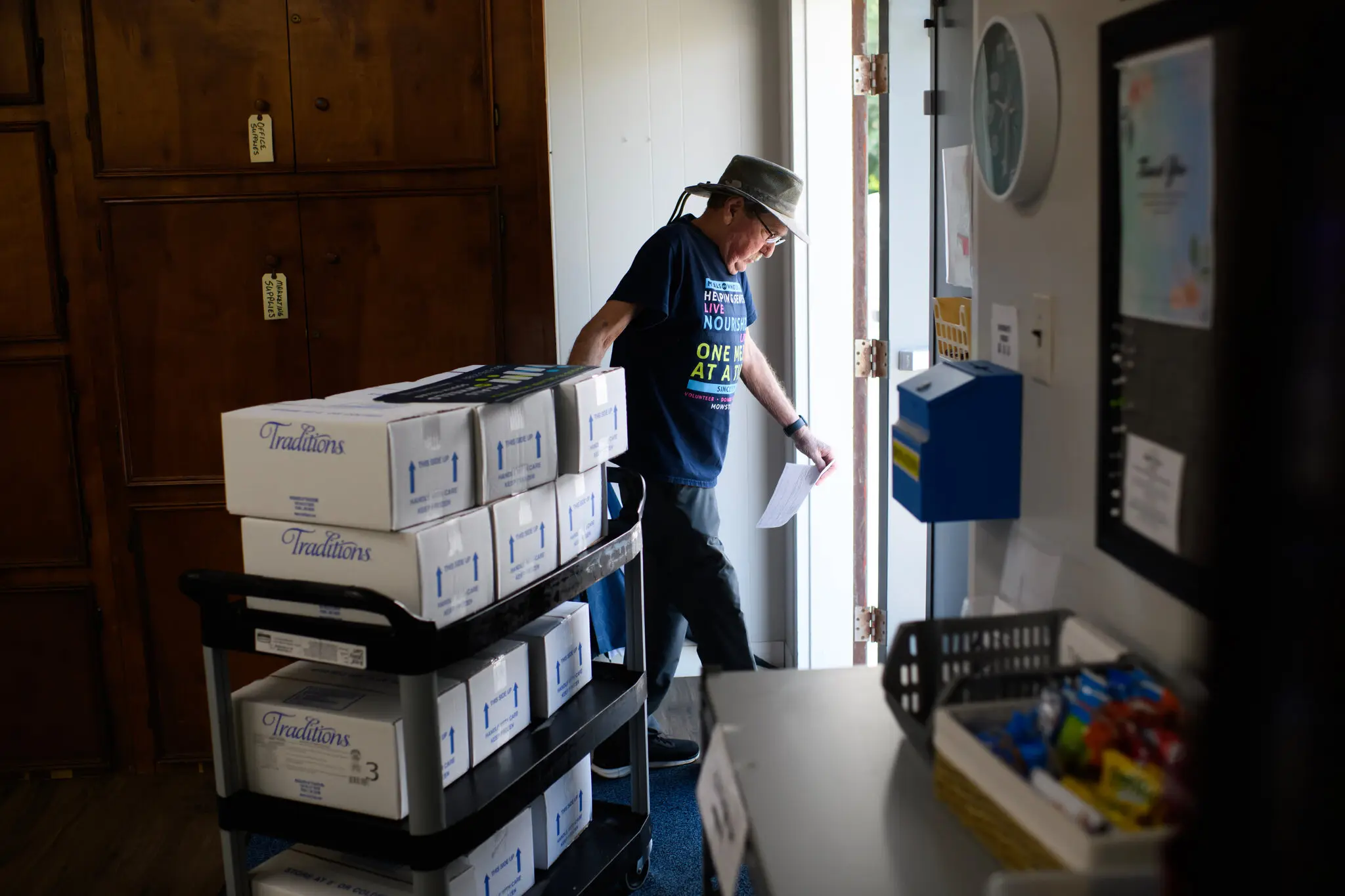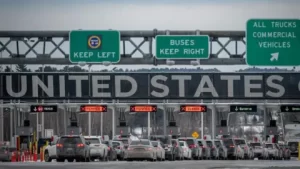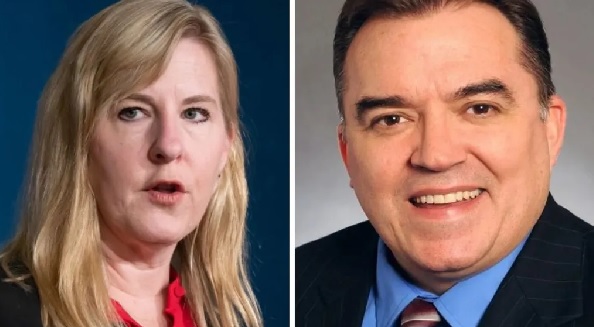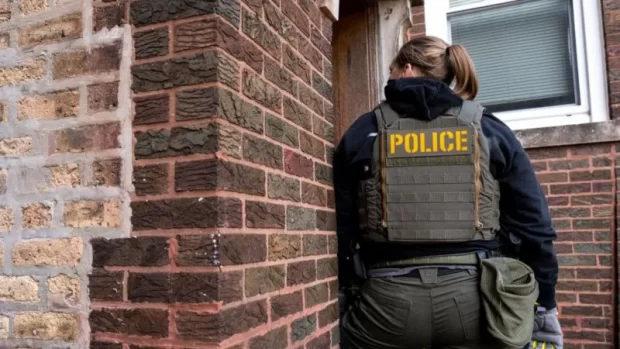
Every Monday, Maurine Gentis, a retired teacher, waits for a delivery from Meals on Wheels South Texas.
“The meals help stretch my budget,” Ms. Gentis, 77, said. Living alone and in a wheelchair, she appreciates having someone look in on her regularly. The same group, a nonprofit, delivers books from the library and dry food for her cat.
But Ms. Gentis is anxious about what lies ahead. The small government agency responsible for overseeing programs like Meals on Wheels is being dismantled as part of the Trump administration’s overhaul of the U.S. Department of Health and Human Services. Roughly half its staff has been let go in recent layoffs and all of its 10 regional offices are closed, according to several employees who lost their jobs.
“I’m just kind of worried that the whole thing might go down the drain, too,” Ms. Gentis said.
In President Trump ’s quest to end what he termed “illegal and immoral discrimination programs,” one of his executive orders promoted cracking down on federal efforts to improve accessibility and representation for those with disabilities, with agencies flagging words like “accessible” and “disability” as potentially problematic. Certain research studies are no longer being funded, and many government health employees specializing in disability issues have been fired.
The downsizing of the agency, the Administration for Community Living, is part of far-reaching cuts planned at the H.H.S. under the Trump administration’s proposed budget.
While some federal funding may continue through September, the end of the government’s fiscal year, and some workers have been called back temporarily, there is significant uncertainty about the future. And some groups are reporting delays in receiving expected federal funds.
“There’s a lot of confusion,” said Becky Yanni, the executive director of the Council on Aging in St. Johns County in Florida. She said she has been told that the most recent funding for its Meals on Wheels program and other services might be late.
If the funding does not arrive, “in a lot of communities, you will be looking at cuts in services,” said Sandy Markwood, the chief executive officer for USAging, which represents the network of area agencies of aging.
The community living division helps coordinate services and provide funding for older and disabled Americans so they can stay at home rather than live in a nursing home. With a budget of $2.6 billion, the unit represents a minuscule fraction of total H.H.S. spending.
Under the reorganization introduced by Health Secretary Robert F. Kennedy Jr., the community unit’s responsibilities will be divided among other agencies, including the Centers for Medicare and Medicaid Services and the Administration for Children and Families.
“This consolidation allows the department to better meet the current health needs of vulnerable populations across the country,” a spokeswoman for H.H.S. said in a statement. “This does not impact the important work of these critical programs as it will continue elsewhere within H.H.S.”
So far, several programs under the unit will be eliminated under the proposed budget, including one that provides ombudsmen in nursing homes, to help ensure the safety and welfare of residents, and respite care programs, to provide a break for those caring for an older person or person with disabilities. States would also have more latitude in determining where funds should be allocated.
In addition to meal deliveries, the community living agency supports numerous programs, including the nonprofit Centers for Independent Living, that are staffed by people with disabilities, who help older adults and others with disabilities move out of nursing homes and back into the community, and find services, like transportation and legal assistance.
Theo W. Braddy, the executive director for the National Council on Independent Living, which represents the centers and people with disabilities, said the uncertainty has upended planning.
“Everybody is on edge. We can’t tell them anything because we don’t know anything yet,” he said, adding that no one from the Trump administration or H.H.S. has attempted to contact the group with updates.
Advocates say the recent cutbacks have further marginalized older Americans and those with disabilities. “The bottom line is that people in charge simply don’t care about large swaths of the American people,” said Dr. Joanne Lynne, a clinical professor of geriatrics and palliative care at George Washington University.













